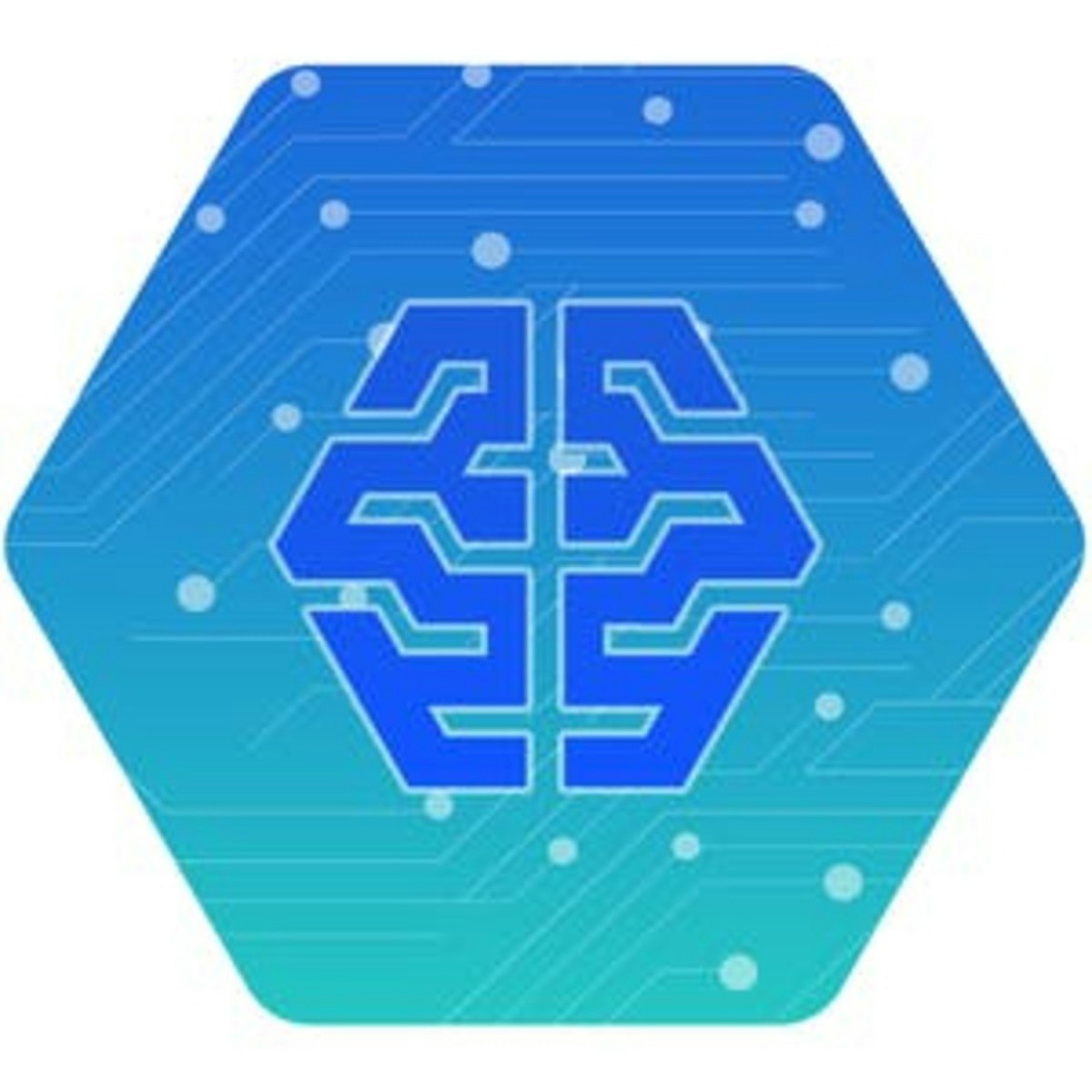
通常、データ パイプラインは、「抽出、読み込み」、「抽出、読み込み、変換」、「抽出、変換、読み込み」のいずれかの枠組みに分類できます。このコースでは、バッチデータではどの枠組みを、どのような場合に使用するのかについて説明します。本コースではさらに、BigQuery、Dataproc 上での Spark の実行、Cloud Data Fusion のパイプラインのグラフ、Dataflow でのサーバーレスのデータ処理など、データ変換用の複数の Google Cloud テクノロジーについて説明します。受講者には、Qwiklabs を使用して Google Cloud でデータ パイプラインのコンポーネントを構築する実践演習を行っていただきます。
What's inside
Syllabus
はじめに
このモジュールでは、コースおよびアジェンダについて紹介します
バッチデータ パイプラインの構築の概要
このモジュールでは、データ読み込みに関するさまざまな方法を確認します。EL、ELT、ETL について、また何をどのタイミングで使用するか
Read more
Syllabus
Good to know
Save this course
Reviews summary
Data pipeline framework
Activities
Data Fusion を使用したデータ パイプラインの管理プロジェクトを早く始める
Show steps
このプロジェクトでは、Data Fusion を使用してデータ パイプラインを管理する方法について実践的に学びます。
Browse courses on
Data Fusion
Show steps
-
プロジェクトのスコープを定義する
-
必要なリソースを収集する
-
Data Fusion 環境をセットアップする
EL、ELT、ETL の違いを練習する
Show steps
この演習では、ELT、ELT、ETL の違いを理解するのに役立ちます。
Show steps
-
EL、ELT、ETL の定義を調べる
-
各手法の長所と短所を比較する
-
さまざまなデータソースでの EL、ELT、ETL の使用事例を検討する
Dataflow を使用してサーバーレスのデータ処理のチュートリアルを完了する
Show steps
このチュートリアルでは、Dataflow を使用してデータ処理パイプラインを構築する方法について学びます。
Browse courses on
Dataflow
Show steps
-
Dataflow の概要を調べる
-
Dataflow パイプラインを作成する
-
パイプラインのデバッグとデプロイを行う
Show all three activities
Data Fusion を使用したデータ パイプラインの管理プロジェクトを早く始める
Show steps
このプロジェクトでは、Data Fusion を使用してデータ パイプラインを管理する方法について実践的に学びます。
Browse courses on
Data Fusion
Show steps
- プロジェクトのスコープを定義する
- 必要なリソースを収集する
- Data Fusion 環境をセットアップする
EL、ELT、ETL の違いを練習する
Show steps
この演習では、ELT、ELT、ETL の違いを理解するのに役立ちます。
Show steps
- EL、ELT、ETL の定義を調べる
- 各手法の長所と短所を比較する
- さまざまなデータソースでの EL、ELT、ETL の使用事例を検討する
Dataflow を使用してサーバーレスのデータ処理のチュートリアルを完了する
Show steps
このチュートリアルでは、Dataflow を使用してデータ処理パイプラインを構築する方法について学びます。
Browse courses on
Dataflow
Show steps
- Dataflow の概要を調べる
- Dataflow パイプラインを作成する
- パイプラインのデバッグとデプロイを行う
Career center
Data Engineer
Data Analyst
Data Scientist
Software Engineer
Database Administrator
Cloud Architect
Business Analyst
Product Manager
Marketing Analyst
Financial Analyst
Reading list
Share
Similar courses
OpenCourser helps millions of learners each year. People visit us to learn workspace skills, ace their exams, and nurture their curiosity.
Our extensive catalog contains over 50,000 courses and twice as many books. Browse by search, by topic, or even by career interests. We'll match you to the right resources quickly.
Find this site helpful? Tell a friend about us.
We're supported by our community of learners. When you purchase or subscribe to courses and programs or purchase books, we may earn a commission from our partners.
Your purchases help us maintain our catalog and keep our servers humming without ads.
Thank you for supporting OpenCourser.



